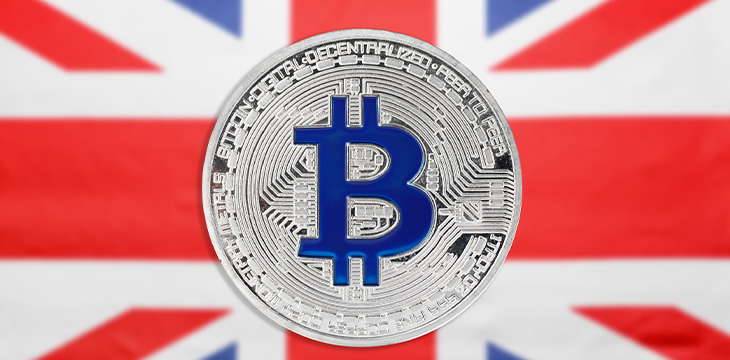|
Getting your Trinity Audio player ready...
|
Earlier this year, the U.K. government stated its intention to become a “global hub” for digital assets. It subsequently asked the Law Commission to review the current law on digital assets to ensure it can accommodate them as they proliferate and grow. Now, the Law Commission has published new proposals for reform.
What are the U.K. Law Commission’s proposed reforms?
Among other recommendations, the Commission explicitly stated that the government needs to create a new category of personal property to cover “crypto-assets.” Noting that they have many different features to traditional physical assets, primarily that they are intangible, the Commission stated that they don’t easily fit into existing private property laws or definitions.
The proposed reforms aim to enable a wider range of people, groups, and companies to interact with and use digital assets and tokens, maximizing their potential.
The Commission’s proposals include:
- The recognition of a distinct category of personal property which is better able to accommodate digital assets
- Various options for how this distinct category of personal property could be developed and implemented under the current law
- Clarification of the law surrounding ownership and control of digital assets
- Clarification of the law around transfers and transactions involving digital assets
- Making it so that courts can award damages in digital tokens rather than having to determine their value.
Clearly, the U.K. is serious about updating its laws to include digital assets, strengthening related property rights, and maximizing their potential for any and all legal purposes.
Digital assets will exist within the law
Bitcoin’s inventor Dr. Craig Wright has been screaming from the rooftops for years about how Bitcoin was designed to work within the law and how all existing laws would eventually be applied to the digital assets industry. Again we see how, given a long enough timeline, Dr. Wright is usually correct.
The U.K.’s move to update its laws, creating a distinct category of personal property that recognizes digital tokens of all kinds, is just the latest in a series of actions across the world to tame and regulate the industry. Elsewhere, such as in the United States, enforcement agencies like the SEC are clamping down hard on companies like Coinbase (NASDAQ: COIN), which it is investigating for listing unregistered securities, making it clear to all that the Wild West era of the industry is over.
Thus far, the U.K. government has shown itself to be open-minded, flexible, and willing to change to accommodate digital currencies and tokens. Much as it did with the financial services and iGaming sectors, the U.K.’s strategy appears to “embrace, accept, and regulate” this sector. This will allow it to set and enforce the rules of the game while fostering innovation and stamping out criminality. Inevitably, this will lead to the sort of flourishing and innovation the birthplace of the industrial revolution is renowned for.
This is a good thing, and the ‘crypto-anarchists’ are being proven wrong
Moves like the U.K.’s to bring the industry under the purview of the law upset the anarchists in the industry who would prefer it to remain unregulated and governments to stay out of it. However, as Dr. Wright has argued many times, without strong legal protections, there will be no serious long-term investment, and large companies will never enter the industry in a meaningful way, putting a limit on their potential to change the world for the better.
If global corporations are to embrace Bitcoin and make it useful as the purely peer-to-peer electronic cash system it was designed to be, forward-thinking laws like those proposed by the U.K.’s Law Commission will be necessary. Knowing that property rights extend to their digital currencies and assets will make would-be investors much more likely to take the plunge into purchasing and using them. Likewise, showing that such tokens can be recovered using the law and that damages can be awarded to them makes it more likely that they will become a significant part of the global economy.
Once again, we’re seeing how the naive idealists who got a stranglehold on Bitcoin in the early days are being pushed out as pragmatic, common sense views begin infiltrating the space. Despite their protestations to the contrary, this will be beneficial to everyone. Finally, utility blockchains like Bitcoin SV, which was designed to work within the law from the outset, will shine.
Watch: The BSV Global Blockchain Convention panel, Law & Order: Regulatory Compliance for Blockchain & Digital Assets
https://www.youtube.com/watch?v=R58jiNcC5mA

 03-01-2026
03-01-2026 




